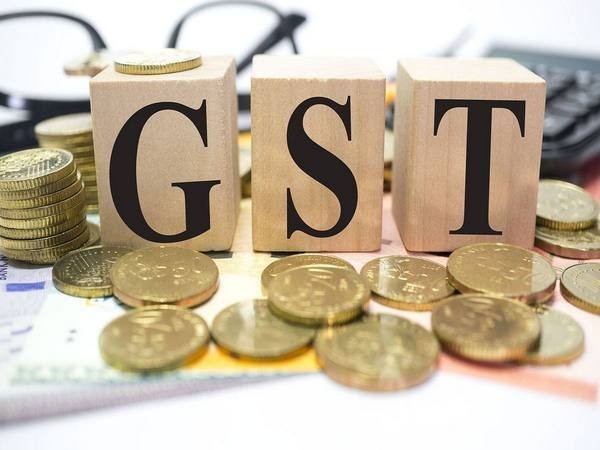GST Evolution: Charting the Future of India's Tax System
As India commemorates eight years of its GST, a PwC report highlights industry calls for reforms. Key demands include rate rationalization, legislative reforms, and a streamlined tax system to fit the evolving economy, aiming for efficiency and simplicity in governance amidst growing collections.

- Country:
- India
As India observes the eighth anniversary of its Goods and Services Tax (GST), a report by PwC has spotlighted crucial demands and expected reforms in the near future. This comes at a time when monthly GST collections consistently exceed Rs 2 lakh crore, with businesses and experts advocating for a more straightforward and stable tax framework.
The report emphasizes critical industry demands such as rate rationalization, reducing GST rate slabs, and addressing the taxability of emerging sectors. PwC notes that the future trajectory of GST will likely be shaped by the integration of modern technologies into tax governance. Reforms like rate rationalization, aimed at a balanced tax structure, and expanding input tax credit eligibility with minimal restrictions are expected to streamline the system.
The present GST framework, with its multiple rate slabs, tends to sow confusion and breed classification disputes. Moving towards fewer tax slabs could lead to a more balanced system and smoother compliance for businesses. Legislative reforms are also needed, as ambiguities in GST laws continue to cause disputes and delays, marring tax certainty. Simplifying these areas could significantly minimize confusion and enhance tax clarity.
Another pivotal suggestion includes the creation of a trust-based audit mechanism along with improved dispute resolution systems. Currently, businesses endure numerous audits across different states, even for identical issues. A centralized audit authority combined with efficient dispute resolution methods would render the system more equitable and functional. The report also underscores the industry's call to incorporate aviation turbine fuel (ATF) and natural gas into the GST framework to mitigate the tax cascading impact and curb inflated costs faced by sectors like transport and aviation.
Furthermore, PwC forecasts that new-age technologies such as artificial intelligence and digital tools could significantly elevate compliance and lessen taxpayers' burden, provided they are implemented with the right safeguards. The burgeoning sectors of electric vehicles, artificial intelligence, and online gaming necessitate an adaptable tax system devoid of legal ambiguities.
As the nation looks ahead to GST's decade milestone in July 2027, the report frames this as an opportune moment for introducing reforms that match both global trade trends and domestic imperatives - boosting investment, consumption, and job creation. The ensuing phase of GST should prioritize rate rationalization, unblocking credits, widening the tax base, and alleviating procedural challenges to restore the tax system's intended efficacy and neutrality.
(With inputs from agencies.)










